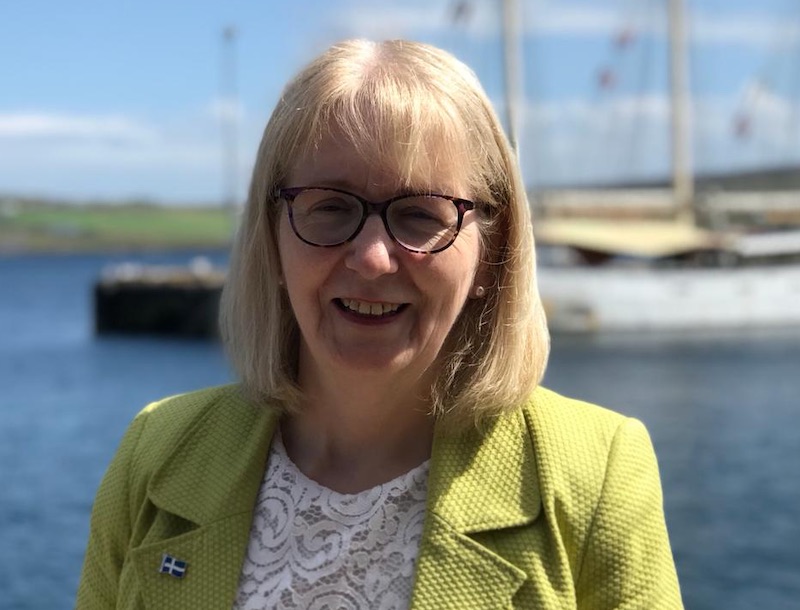Shetland MSP Beatrice Wishart has welcomed a major step forward in cervical cancer prevention, as Scotland prepares to introduce at‑home HPV self‑sampling tests by spring 2026.
The Scottish Liberal Democrat praised the announcement following her own written question to the Scottish Government, calling the move a “game‑changer” for accessibility and early detection.
The first phase of the programme will focus on areas with the lowest screening uptake.
That means the most deprived communities in Scotland will be the first to benefit, breaking down barriers that have kept many women from attending vital cervical screening appointments.
The UK National Screening Committee recommended earlier this year that at‑home tests should be offered to anyone who has not attended a screening appointment within six months of their invitation.
Evidence from pilot programmes shows self‑sampling can dramatically increase participation and catch cancers earlier, saving lives.
The rollout mirrors a similar programme already underway in England, and campaigners say it will make a real difference to women’s health outcomes in Scotland.
“Cervical screenings and attending appointments can be intimidating,” Ms Wishart said.
“That can be a real barrier to healthcare, and home testing can help sidestep that.
“I would always urge anyone called for screening to attend their appointment.
“But I hope that in future, self‑screening will drive up the numbers of tests and catch cancers sooner.”
Public health experts have hailed the decision as a milestone in widening access to life‑saving care.
It forms part of a broader effort to tackle inequalities in women’s health across Scotland and encourage more people to take up routine screening.
The Scottish Government has confirmed that full national rollout is planned for spring 2026, with detailed plans for distribution and follow‑up care expected next year.
Support groups say the programme will also help normalise conversations about cervical health and encourage more open discussion about screening.
By removing the need to book and attend an appointment in person, campaigners believe more women will take that crucial first step.





